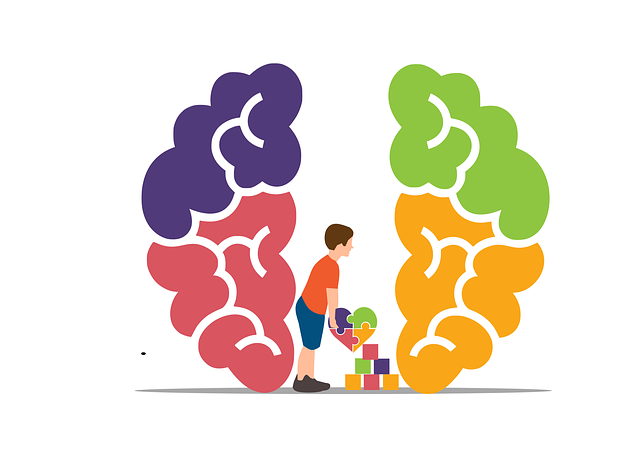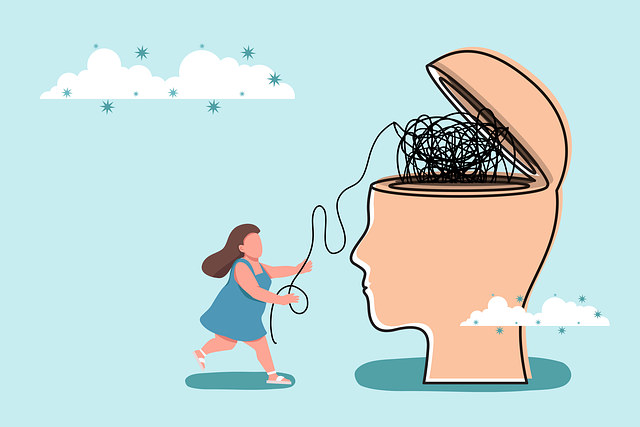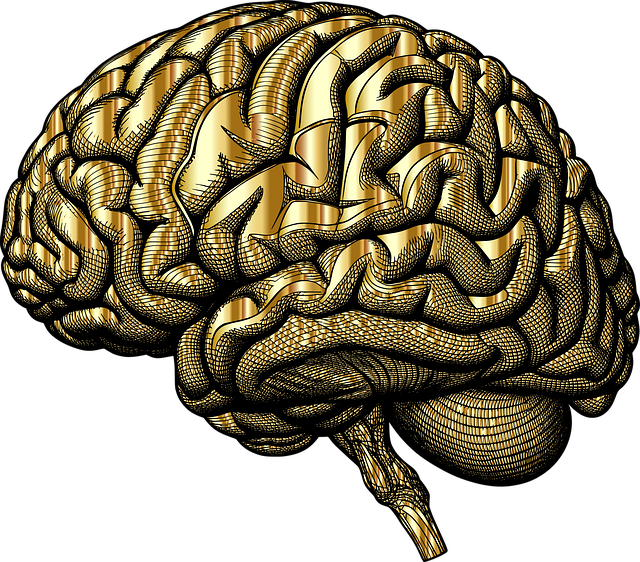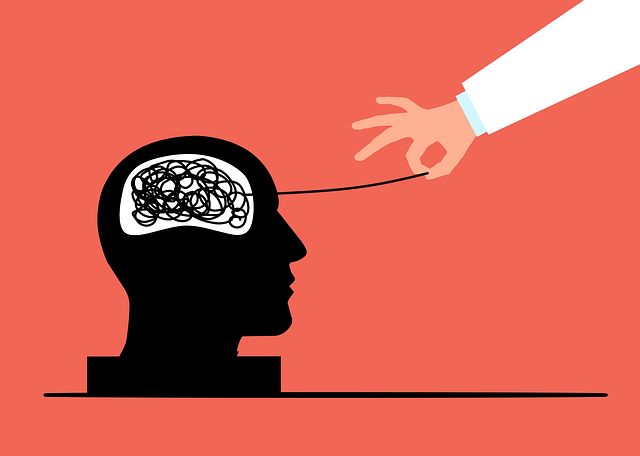Recognizing depression in elders is crucial. Common signs include persistent sadness, changes in appetite/sleep, and thoughts of death or suicide. Christian counseling offers a unique approach by addressing spiritual well-being alongside mental health through self-esteem improvement, mindfulness meditation, and open dialogue. This holistic method strengthens faith connections, fosters belonging, and purpose, effectively preventing and managing depression among seniors. Combining therapy with mental wellness journaling exercises provides a comprehensive strategy for supporting the mental health of older adults.
Depression among the elderly is a growing concern, yet prevenible with the right strategies. This article explores vital approaches to tackling this issue, focusing on recognizing depressive symptoms in older adults and alternative therapy options like Christian counseling. We delve into practical strategies to enhance mental well-being within the elderly community, emphasizing early intervention and accessible support. By understanding these methods, we can foster a healthier and happier future for our aging population, with an emphasis on therapeutic alternatives like Christian counseling.
- Recognizing Depression in Elders: Signs and Symptoms
- Christian Counseling as a Therapeutic Approach for Elderly Individuals
- Practical Strategies to Prevent and Manage Depression in the Elderly Community
Recognizing Depression in Elders: Signs and Symptoms

Recognizing depression in elders is a critical step in providing them with the necessary support and treatment. As people age, changes in physical health, cognitive abilities, and social dynamics can make it easier for depression to go unnoticed. Common signs include persistent feelings of sadness, loss of interest in activities once enjoyed, changes in appetite or sleep patterns, fatigue, difficulty concentrating, and thoughts of death or suicide.
Christian counseling offers a unique approach to addressing these issues, focusing on spiritual well-being alongside mental health. Therapists who specialize in this field can help seniors develop coping mechanisms through self-esteem improvement, stress management techniques like mindfulness meditation, and encouragement for open dialogue about their feelings. This holistic strategy not only treats depression but also strengthens the individual’s connection with their faith community, fostering a sense of belonging and purpose.
Christian Counseling as a Therapeutic Approach for Elderly Individuals

Christian Counseling offers a unique and beneficial therapeutic approach for elderly individuals dealing with depression. This form of counseling combines spiritual support with evidence-based psychological techniques, addressing both the mind and soul. For seniors, who often face various life changes and transitions, this holistic method can be particularly effective in managing depressive symptoms.
By incorporating conflict resolution techniques and social skills training within a Christian framework, counselors create a safe space for elders to process emotions, memories, and challenges. They explore faith-based perspectives on grief, loss, and mental health awareness, fostering a sense of belonging and purpose. This therapeutic environment encourages open dialogue, helps resolve past conflicts, and enhances social connections, all of which are crucial in preventing and managing depression in the elderly population.
Practical Strategies to Prevent and Manage Depression in the Elderly Community

Depression is a significant concern for the elderly community, but there are practical strategies to prevent and manage it effectively. One effective approach is therapy for elders, including Christian counseling, which provides a safe space for individuals to process emotions, gain new perspectives, and develop coping skills. This form of therapy not only addresses symptoms of depression but also fosters a sense of hope and resilience.
In addition to professional support, cultivating coping skills development through practices like mental wellness journaling exercises can be immensely beneficial. Journaling allows individuals to reflect on their thoughts and emotions, promote positive thinking, and track progress over time. Regular journaling can help identify triggers, develop healthy coping mechanisms, and enhance overall mental wellness. These strategies, when combined, offer a holistic approach to preventing and managing depression in older adults, enabling them to live happier and more fulfilling lives.
In conclusion, recognizing depression in elders is a critical step towards implementing effective prevention strategies. Combining traditional practices with therapeutic approaches like Christian counseling offers a holistic solution tailored to the unique needs of elderly individuals. By adopting practical strategies discussed, communities can foster resilience and enhance mental well-being among seniors, emphasizing the importance of early intervention and ongoing support for a healthier aging population. For those seeking specialized care, therapy for elders through Christian counseling proves to be a promising avenue in combating depression.














